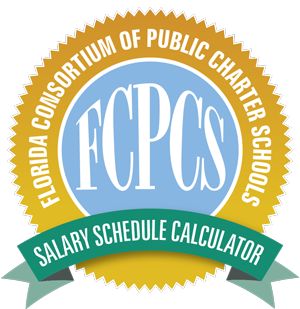As your child’s first teacher, you play an important role in helping your child be prepared for PreK-2nd grade. Here are some practical tips you can use to incorporate literacy and math skills into your everyday routines.
Early Literacy Skills:
- Read from day one. Read and reread a variety of texts to your child
- Talk, talk, talk! A child’s vocabulary grows through rich conversations with others. Talk about what you are doing and sprinkle your conversations with interesting words.
- Letter Names. Ensure your child knows all of the 26 alphabet letters’ names. Before students can read, point out words and have students name the letters.
- Use your child’s name. Point out the link between letters and sounds. Say, “John, the word jump begins with the same letter and sound as your name. John, jump. They both begin with the same sound /j/.”
- Word Play. Sing songs, read rhyming books and nursery rhymes, and say silly tongue twisters. These help kids become sensitive to the sounds in words.
- Sound Games. Practice blending sounds in words. Ask your child, “Can you guess what this word is? “/M/ /o/ /p/?” (Hold each sound for longer and only say the sounds.)
- Letter-Sound Relationships. Teach your child the sounds for common consonant and vowel sounds. Play sound/letter matching games.
- Write it down. Work together with your child to write down grocery lists, checklists, thank you notes or keep a journal.
- Read it again and again. Go ahead and read your child’s favorite book for the 100th time! As you read, pause and ask your child about what is going on.
- I read to you. You read to me. When your child begins to read independently, take turns reading with them.
- Be patient. When your child makes a mistake, gently point out the letters he or she overlooked or read incorrectly. Learning to read is not natural like learning to speak.
Math Skills
- Count, count, count. Encourage your child to count a variety of objects and sets. Play counting games with your child. Build up from counting sets of one to five objects to 100 objects and beyond.
- Shapes. Practice naming shapes together. In addition to using puzzles or books to identify shapes, find shapes in everyday objects such as cutting a sandwich, folding a blanket, etc.
- Practice Addition and Subtraction. Adding and subtracting are two fundamental concepts in mathematics. Find ways to let them practice whenever possible. You don’t need anything fancy, just a few everyday objects to create problems for your child to solve.
- Read Math Books. Read books to your child with math skills embedded about numbers, shapes, counting, adding and subtracting, size and measurement.
- Play games. Play timeless favorites with your child or make up your own to help develop and reinforce math skills.



